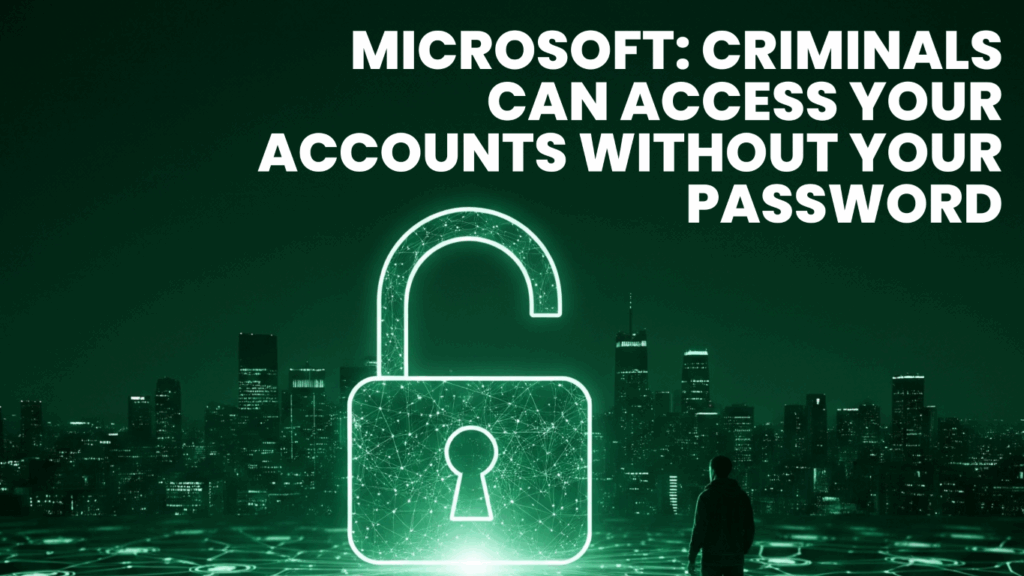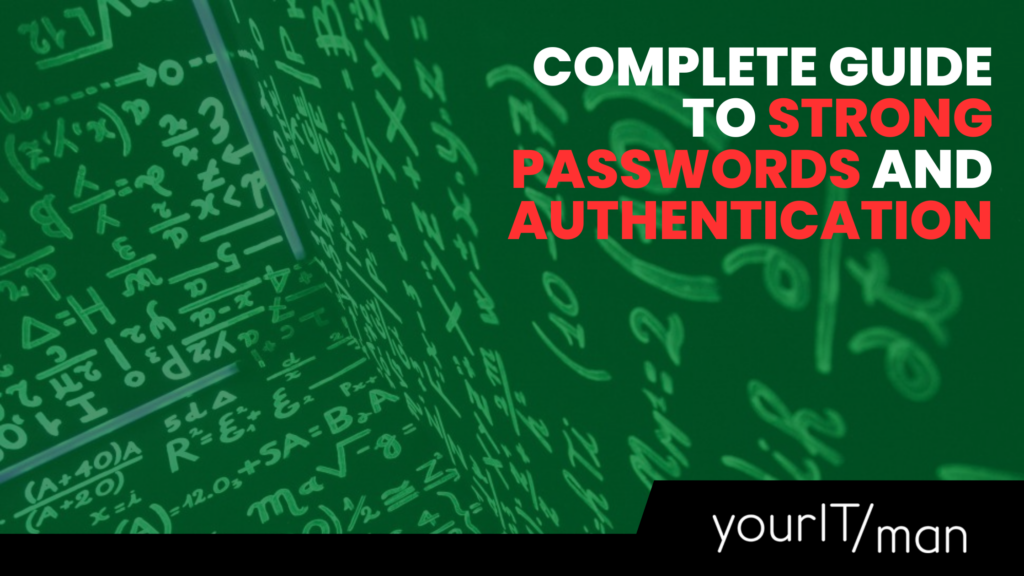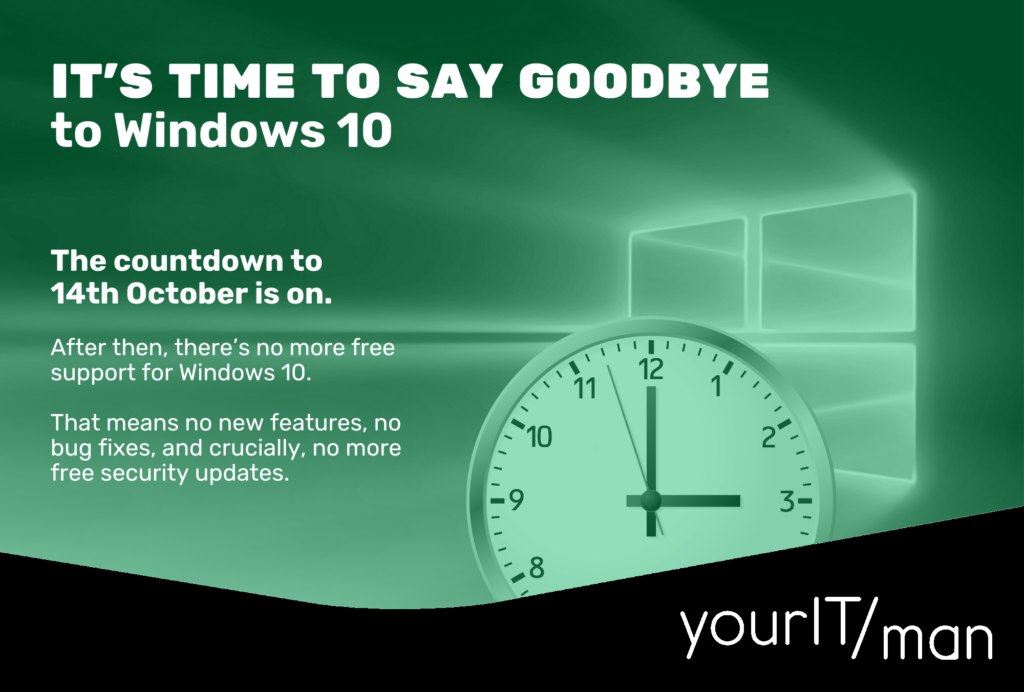Understanding the Landscape
Firstly, it's important to know that cyber attacks come in many forms. They can range from simple phishing emails designed to trick you into revealing passwords, to more sophisticated attacks targeting large organisations. The good news is that many common threats can be easily mitigated with a few sensible precautions.
For Individuals: Stay Savvy, Stay Safe
For most individuals, the primary concern revolves around protecting personal data and finances. Here's what you can do:
- Strong Passwords are Your First Line of Defence: This can't be stressed enough. Use unique, complex passwords for each of your online accounts. Consider a password manager to help you keep track.
- Be Wary of Suspicious Emails and Messages: Phishing attempts are rife. Always double-check the sender of emails and be suspicious of unexpected links or attachments, even if they seem to come from a familiar source. If in doubt, don't click!
- Keep Your Software Updated: Software updates often include crucial security patches that protect against newly discovered vulnerabilities. Enable automatic updates whenever possible.
- Use Two-Factor Authentication (2FA): This adds an extra layer of security by requiring a second form of verification (like a code sent to your phone) in addition to your password. It's a simple yet highly effective measure.
- Back Up Your Important Data: In the event of a ransomware attack (where your files are encrypted and held for ransom), having backups means you won't lose your precious photos or documents.
For Businesses: A Collective Responsibility
Businesses, regardless of size, are also targets. For them, the stakes can be higher, involving customer data, operational disruption, and reputational damage. While dedicated IT security teams handle the heavy lifting, every employee plays a role:
- Employee Training: Regular training on identifying phishing, safe browsing, and data handling is crucial.
- Robust Security Measures: Implementing firewalls, antivirus software, and intrusion detection systems are fundamental.
- Incident Response Plan: Knowing what to do if an attack occurs can minimise damage and recovery time.
The Bottom Line
While the threat of cyber attacks is ever-present, panic is not the answer. Instead, a healthy level of awareness and proactive measures can significantly reduce your risk. Think of it like locking your front door – you do it not because you expect to be burgled, but because it's a sensible precaution.
By adopting good cyber hygiene practices, both individually and within organisations, we can all contribute to a safer online environment. Stay informed, stay vigilant, and remember that common sense goes a long way in the digital realm.
Your IT Man is Cyber Essentials Accredited. If you would like to discuss your options, please let us know.




